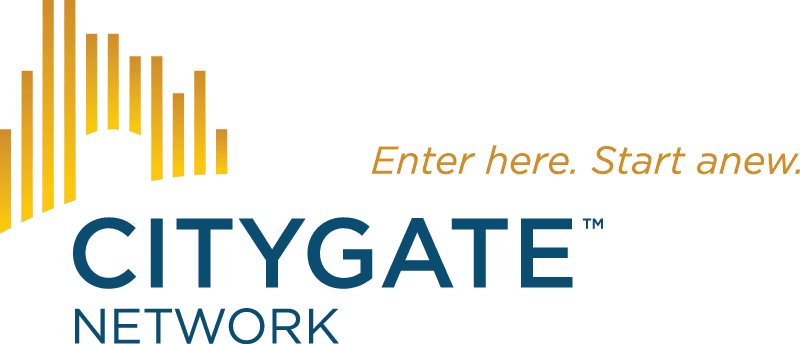It’s been a long journey. Growing up, I never knew my dad. My mom never stayed in one place for more than three years because she gets paranoid. We moved from Chicago to Virginia, Michigan, California, then ended up in Tacoma. It was a confusing childhood. I’d get picked on at school and then I’d come home and mom would beat the crap out of me for no reason. I’d escape into nature a lot. I appreciated the quietness and calmness. Me and my siblings were outcasts of our family, of our friends. We never learned the life lessons that we should have. And that set us up for the rest of our lives. We’re tough kids, but tough for the wrong reasons. It’s really hard to grow up without values that matter, just street values. Every single person in my family started using drugs. My little brothers and sisters started when they were 14. Me and my older sister started using when we were adults. I lost my younger brother and a cousin to fentanyl overdose.
I’m lucky to be here still. But, drugs caused a lot of problems for me. That and my mental health issues. I was the one who helped my mom manage her paranoia and depression when I was younger, then I ended up having symptoms just like her later on in life. Paranoia, hallucinations, depression. The drugs were my relief. But, I lost my car. I lost my place to stay. I got shot three times because I was doing meth, and there was just a lot of negative stuff.
What has being at the Mission meant to you?
You guys being here has pretty much saved my life. After my brother passed away, I gave up on life and got myself into a situation that ended in me being shot. And if I had known about this place earlier, it would’ve been a different story. I was just hopping from car to car trying to find a safe place to sleep. I was homeless and I didn’t know about this place. The funny thing was that I wasn’t even that far from here. But I just didn’t know this place existed. I can’t say enough good things about this place. I mean, I feel like I have hope now. I found myself.
I also never knew what it was like to have a dad. I’m not angry about it anymore, but I was always very angry at everyone else who had a dad. I felt like the world owes me a father figure. I got to a point where I figured I was strong enough to be my own man and never needed a father figure. Every time someone tried, I would push them away.
I think that’s why I like this place, too, because I had someone like that at the Mission. Mike, who’s my roommate to a degree is a mentor. He doesn’t try to be a father figure or anything, but he does understand and he’s very emotionally supportive. I’m no longer in that stage of my life where I think I’m too strong for a father figure. I can accept help and I’m learning to accept help. It’s been an eye-opener.
Where do you want to go from here?
For a long time, I couldn’t figure out what the heck I was supposed to do with my life. And now I know I’m going to follow God. I’m going to go back to school and study bioengineering. I want to make prosthetics because I almost lost my arm when I got shot. Luckily, they were able to repair it in surgery.
I also want to own a farm. I want to plant tomatoes in the backyard. I want to go to school and find out what my real calling is. I want to make prosthetics. I think I should be making prosthetics and I need to be making prosthetics.
Do you have a message for our community?
I hope other people can find the hope that I found here. It doesn’t matter if you have mental illness or drug issues, there is something brighter and you are loved. Don’t give up on yourself. You can have a real relationship with God and yourself. That’s been the biggest thing for me. It’s phenomenal. I believe in myself now more because I believe in God. There’s real healing and real hope through this program. You’ll be surrounded by people that care. To the people who give their time and money. I hope they are blessed deeply. From the bottom of my heart. Everything that they’ve given means everything to us. They bring with them hope and a sense of belonging that we don’t have when we’re on the streets.


